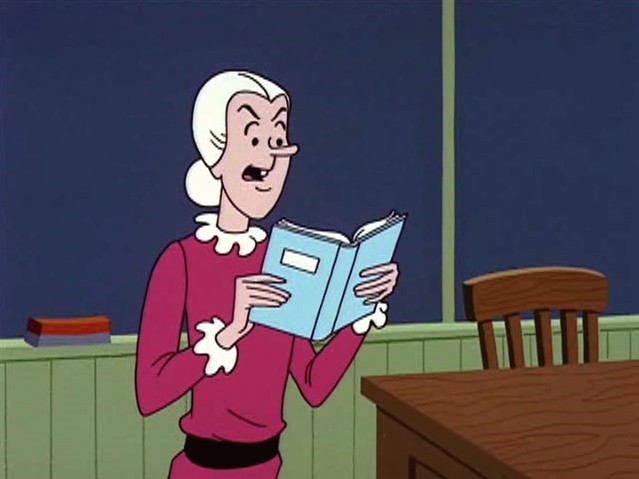
It’s been an amazing experience watching the decompensation, the unravelling, the descent into downright, open, manifest incoherence, of American liberals since the November catastrophe. First there was the nutty Russia thing — or no, I shouldn’t speak of it in the past tense; people are still nattering about it — and now the Comey business. Which is, if anything, even crazier.
One knows people — I mean, knows them personally, in the 3D world — who now advance, and who apparently really believe, arguments to the effect that if Hillary had been elected and fired Comey, this would have been a fine and good thing, but since Trump got elected and fired Comey, this is a really really bad thing. Once one’s laughter subsides — even at the best jokes, one can only laugh so long — one finds, having assumed something like a straight face, and tried to follow the cobwebby argument, that it turns on motive. Hillary’s motives (of course) would have been pure and public-spirited, and Trump’s (of course) are not.
As regards Trump’s motives, one must agree. To the extent that such a primitive organism can be said to have motives at all, Trump’s are surely bad. It’s also impossible for me, personally, to imagine Hillary having anything I would call a good motive either, so that’s pretty much a wash.
But apart from these Jesuitical casuistries about motive, what’s interesting is the unstated presuppositions which come floating palely to the surface, like flounders concussed by an underwater volcano, in these exchanges.
For example: Trump is said to be undermining the FBI. Well, for heaven’s sake, what’s wrong with that? The FBI is surely one of the most detestable, criminal organizations in the long sorry history of secret-policing. If Trump were to fire the whole outfit I might be tempted to vote for him next time around.
But perhaps we’re supposed to worry that Trump will find somebody *worse* than Comey. And so he might. So, in fact, he probably will. As the proverb says, it could always be worse — and usually is. But do we really believe that Hillary would have found somebody better? — Oh, sorry, of course we do. In the wonderful alternative reality of the subjunctive mood, the Democrat would always have done ‘better’, and the Republican ‘worse’. Whatever ‘better’ and ‘worse’ are supposed to mean in this madhouse.
The other trope I keep hearing is that this will diminish Americans’ confidence in their government — or rather, ‘their’ government. Again, what’s not to like about this? I’ve spent my adult life, more or less, trying to undermine Americans’ confidence in their government.
It’s not news that liberals are fundamentally conservative — great believers in existing institutions, which would be fine if only the right people were in charge; very much interested to hear what alternatives one has to suggest, and hair-triggered to reject them out of hand. What is rather new is the desperately chaotic, pillar-to-post, incoherent, improvisatory, self-contradictory and frankly delusional character of liberal thinking in the Age of Trump. It’s as though the man has lobotomized them.
But of course that’s the wrong way to put it. Trump hasn’t really done anything. He’s a curious piece of insignificant and unlovely rubbish, floating about at the whim of wind and current. What has really dismayed all these centrist, conservative liberals is the self-destruction of their cause, in the form of its consummate embodiment, Hillary Clinton. Hillary screwed the pooch, and made it clear that the whole project is a lost cause. It might work in France, for a while yet, to sell oneself as the not-quite-so-bad candidate; but it seems to have stopped working here. (I suppose we’ve had more of it, for a longer time.)
So where does this leave American liberalism? Nowhere. It never had anything to offer except fear of the Other, and that seems to have worn off.
No wonder they’re chasing their tails, and snapping at imaginary flies, and baying at the moon. Othello’s occupation is very much gone. Their pet bogeyman now frightens only themselves.


